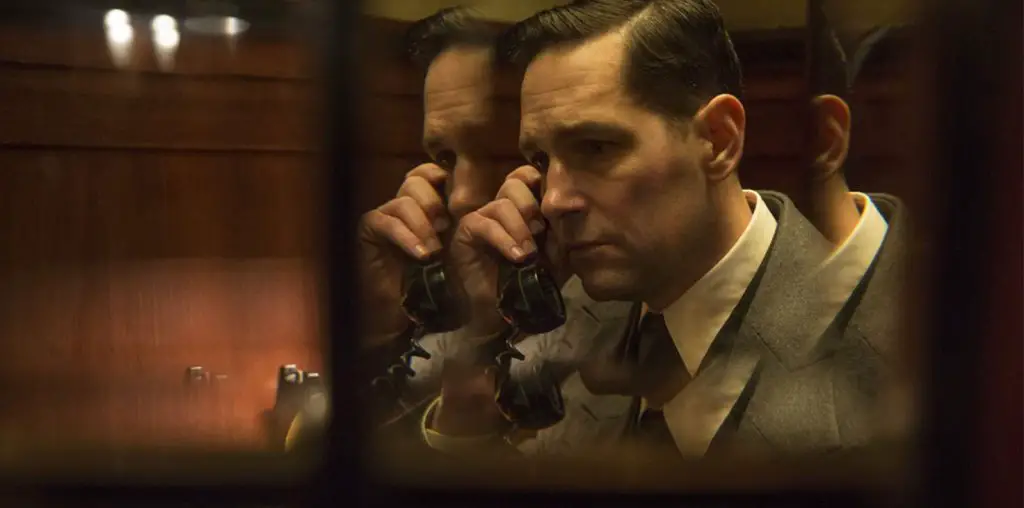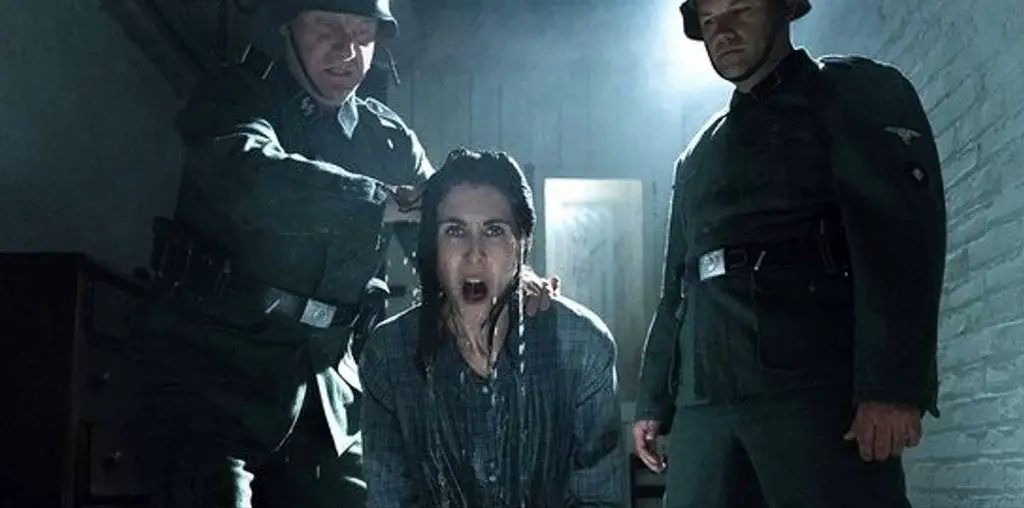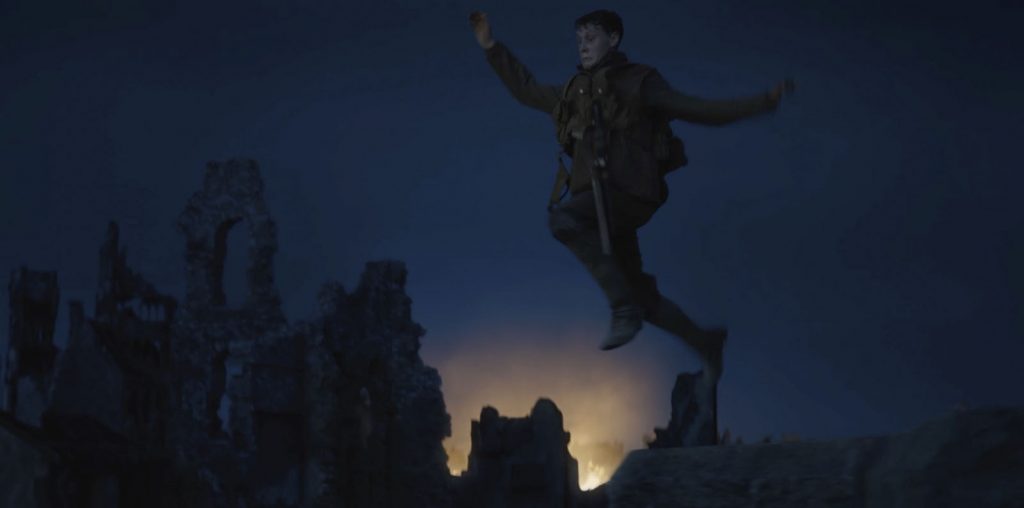
In Farewell Waltz, writer/director Kaine Levy pays tribute to Walter Tull, the first black WWI officer in the British Army. Tull is represented in the short film by the fictional Charles King (Daniel Davids).
Born of Jamaican descent, King volunteers for active duty to his country as Germany’s refusal to leave Poland leaves England with no choice but war (see They Shall Not Grow Old). In the days leading up to his deployment, King catches the eye of a wealthy white English woman, Rose (Isobel Wood), and a forbidden passion is born.
With no spoken words and accompanied by a superb orchestral composition, our two lovers are caught in a turbulent romance as interracial relationships where forbidden and unspoken at the turn of the century. Director Levy captures the tragedy of a love that could never be, juxtaposed against the higher call of freedom, patriotism, and uncertainty.
Farewell Waltz, as a story, is a simple one, and Levy is quite adept at taking the limited resources available to him and creates another world at another time. Production-wise the short is minimal as it is shot on a few basic sets and an open field. The actors are dressed in costumes that represent the time and their roles.
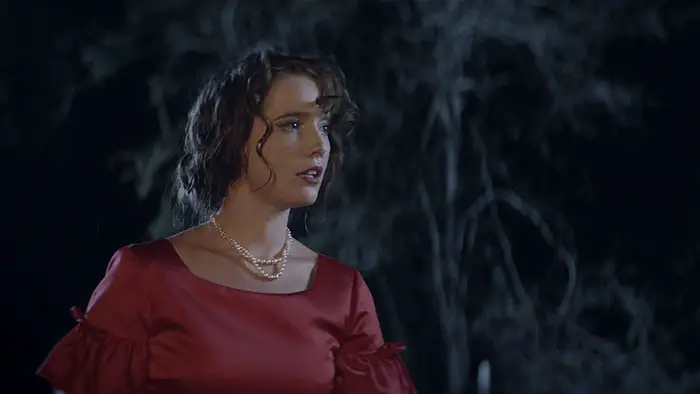
“Born of Jamaican descent, King volunteers for active duty to his country…”
What elevates the short is how gorgeous the final film is. Levy’s team knows how to produce a visually stunning movie. Technically-speaking, the lighting is perfect, and the colors are brilliant. It feels like a crisp, fresh, print from the early days of color films. Actors Davids and Wood are just as adept at conveying emotion and telling a wordless story solely on their physical performance.
In general, I prefer to know very little about a film’s story and backstory before watching. In the case of Farewell Waltz, it’s important to know as much as you can about the production before going in. Based on the title and the film’s opening, I was expecting a ballet based on a young man going off to war and his final farewell to the woman he loves. I glossed over the critical interracial aspect of it because this is an art piece. On first viewing, I thought the short was a standard wartime love story with fantastic production values.
It’s not until I read the promotional material that I learned who Walter Tull was and that this was a specific statement about race versus the typical one of class. Based on Tull’s life, we find that he was the first black British officer holding the rank of lieutenant (as it was illegal for black men to hold rank over white men). He fought and died bravely for Britain and freedom. Also, Farewell Waltz is a commentary on arcane societal laws prohibiting interracial relationships. I say this to point out that knowing the short’s backstory is so important that it should have been brought to the forefront during the early moments of the film. All this begs the question, how much work should audiences put in before viewing one’s film?
Hopefully, reading this review is enough to prepare you for the beautiful experience that is Kaine Levy’s Farewell Waltz.
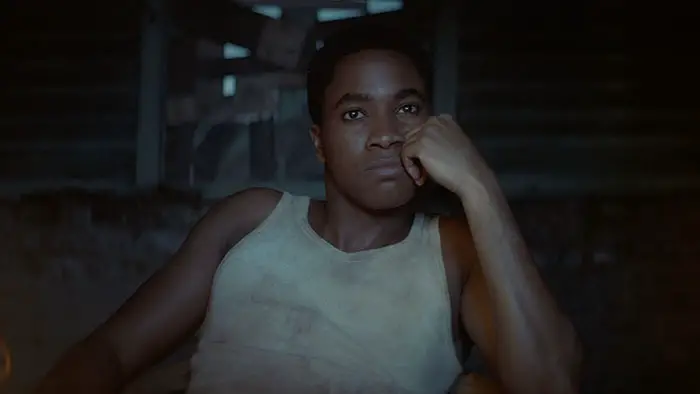
"…important to know as much as you can…before going in…"
